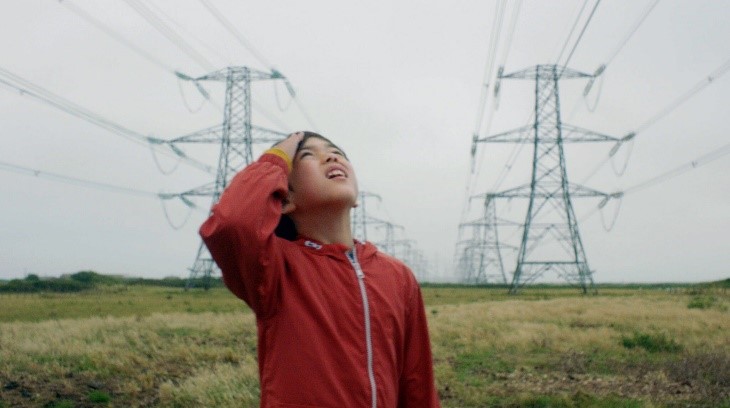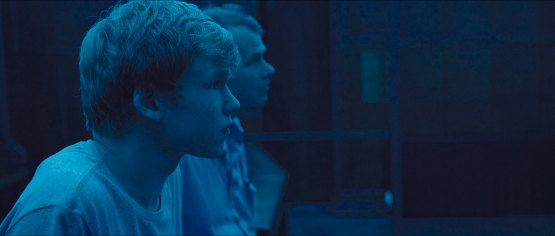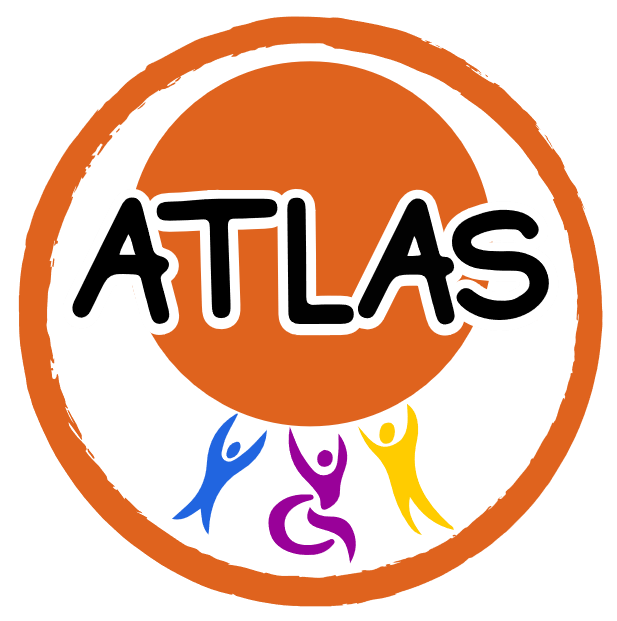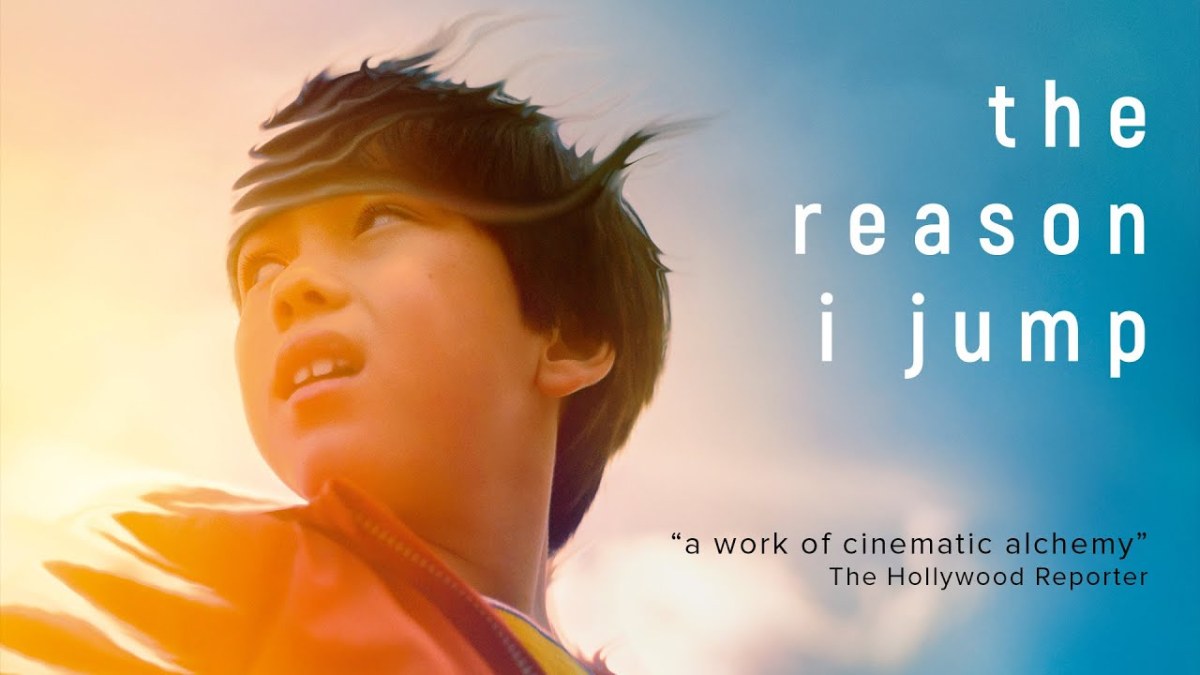This film is about non-verbal autism and is based on the book The Reason I Jump written by Naoki Higashida when he was 13 years old. Naoki is now 28 years old and will be 29 in exactly 28 days. Naoki is a non-verbal autistic person from Japan. The book was published in Japan in 2007. The English translation was published in 2013 by Keiko Yoshida and her husband, English author David Mitchell who have a son who is autistic and non-verbal. Keiko and David were very passionate about this book because they felt this is the only book which helped them to understand their son. Naoki’s book is invaluable to help understand severely autistic children and young people because it is the only book about autism written by an someone who is autistic and non-verbal.
This film is part documentary, part dramatisation and has an actor playing Naoki Higashida when he was a boy. The film shows Naoki walking along the beach and countryside explaining lots of feelings, emotions and sensory input from his surroundings. While this is being shown there is a narrator speaking the words of Naoki from his book, where he expresses his thoughts and feelings around his autism and non-verbal autism in general. Naoki’s account being read out in the film is incredibly powerful, extremely insightful and very thought-provoking. In my opinion the most powerful quote of Noaki’s is, “To live my life as a human being there is nothing more important than being able to express myself”.

The idea of turning the book in to a film came from the parents of a teenager I’ll mention later on. His parents Stevie Lee and Jeremy Dear, were the producers of the film. They had read the book and it had transformed their understanding of their son. Without the parents of servery autistic children and adults this film would of not been made. The documentary part shows non-verbal autistic people from all over the world. From England they film Joss Dear a teenager who is severely autistic and can speak but speaks mainly by one word responses or repeating worlds from a long time ago that people have said, mainly his parents. Joss is very sensory, he enjoys blowing bubbles, bouncing on his trampoline and swinging very high on a swing. Joss is unable to explain why he does what he does and like what he likes. He just knows what he likes and people can see he likes it because he is showing experiences of pure joy. One of the reasons that makes the film so immersive and fascinating, is when the film shows autistic people from around the world doing what they enjoy. The words from Naoki that are in his book were said by the voice of the book Jordan O’Donegan. Where Naoki’s insight is invaluable because he describes the reason autistic people do what they do. His words describe Joss perfectly. When he is jumping, Naoki’s words are voiced over, while the footage of Joss being shown is a very good way of showing what incredible insight Naoki has given Joss’ parents and everyone else.
I really enjoyed the film and it taught me a lot, even as an autistic young person myself, about non-verbal autism, because I am fully verbal and only know a few people who are non-verbal. The cinematography is very good, shows some stunning views around the world and captures all of the people videoed in the film exactly. I feel one of the most important parts for people to take away from the film is about Naoki and two autistic friends from America who are non-verbal. These three young people have non-verbal autism however they are all very articulate and all use the letter board to communicate. They all have a very high level of understanding of themselves and the world around them. This makes the powerful point that non-verbal autism is not talked about much and still very much misunderstood. It is still very much the belief, that non-verbal servery autistic people with have a limited understanding and severe learning difficulties, which is not always the case. As these three in individuals show very powerfully. Another part I really liked was when Joss was looking over a fence at a mental green box with lots of cables in. He wanted to climb in but his dad told him not to because of course it’s too dangerous to climb in. It is incredible that Joss can hear the green box, without seeing it, from quite a distance. Listening and finding the green boxes has become a fascination for Joss and he can sit with his head to one of them for a long time.

I would recommend anyone with an interest in autism or additional needs to watch this film. It is a very unique film which is very thought provoking to all that see it. I would give this film a 5 out of 5 star rating because the director Jerry Rothwell did exactly what he set out to do. “As a film maker”, he said, that making a film about Naoki’s book would “offer a great opportunity to use the full potential of cinema to evoke intense sensory worlds in which meaning is made through sounds, pictures and associations as well as words.” He said by creating this film, “My hope is that the reason I Jump can encourage an audience into thinking about autism from the inside, recognising other ways of seeing the world, both beautiful and disorientating.” He also said, “I hope the film takes audiences on a journey through different experiences of autism, leaving a strong sense of how the world needs to change to be more inclusive.”
As seeing the film myself, I would say that’s definitely what I got out of the film and I think many others will too. This film will probably send you on a roller coaster of emotions from felling happy, stunned, sad, surprised and cross. At times the film is funny, sad, enlightening, inspiring, powerful and most of all, gives you a small insight of what it can be like for people who are autistic and nonverbal.

